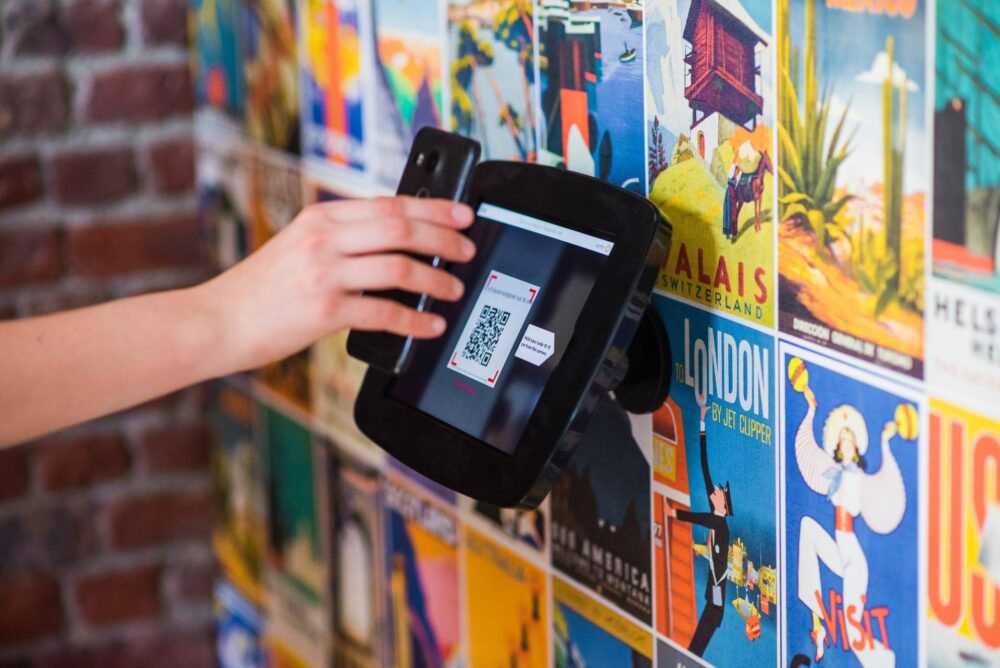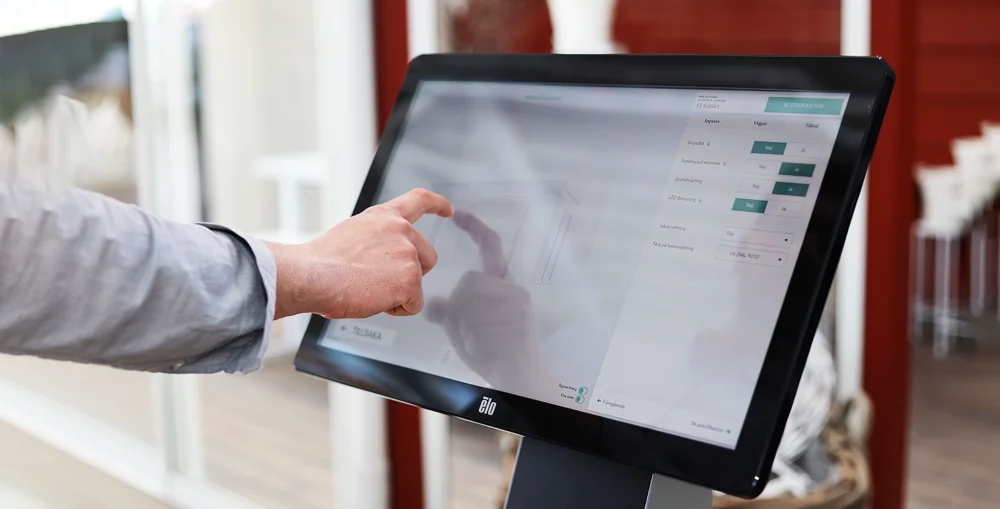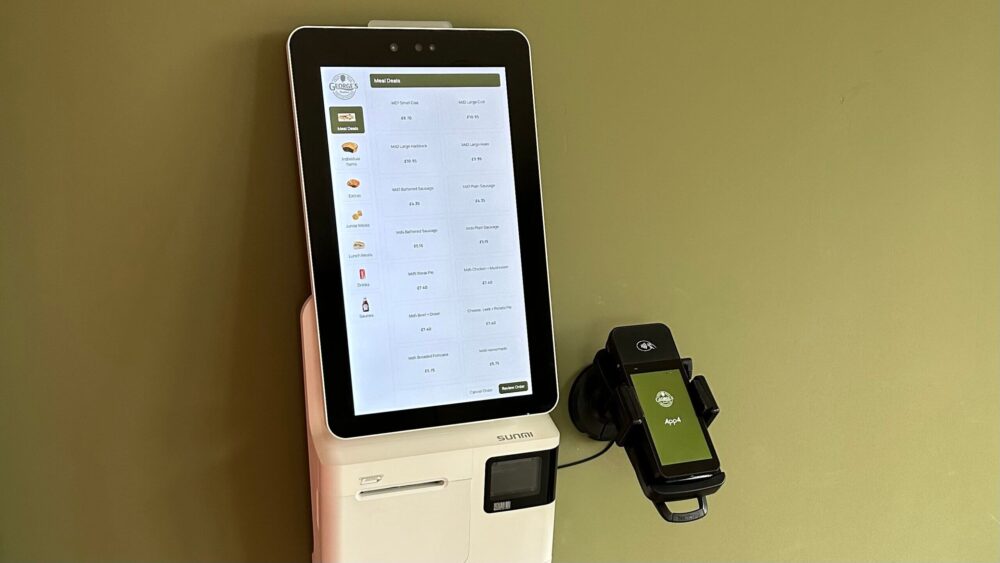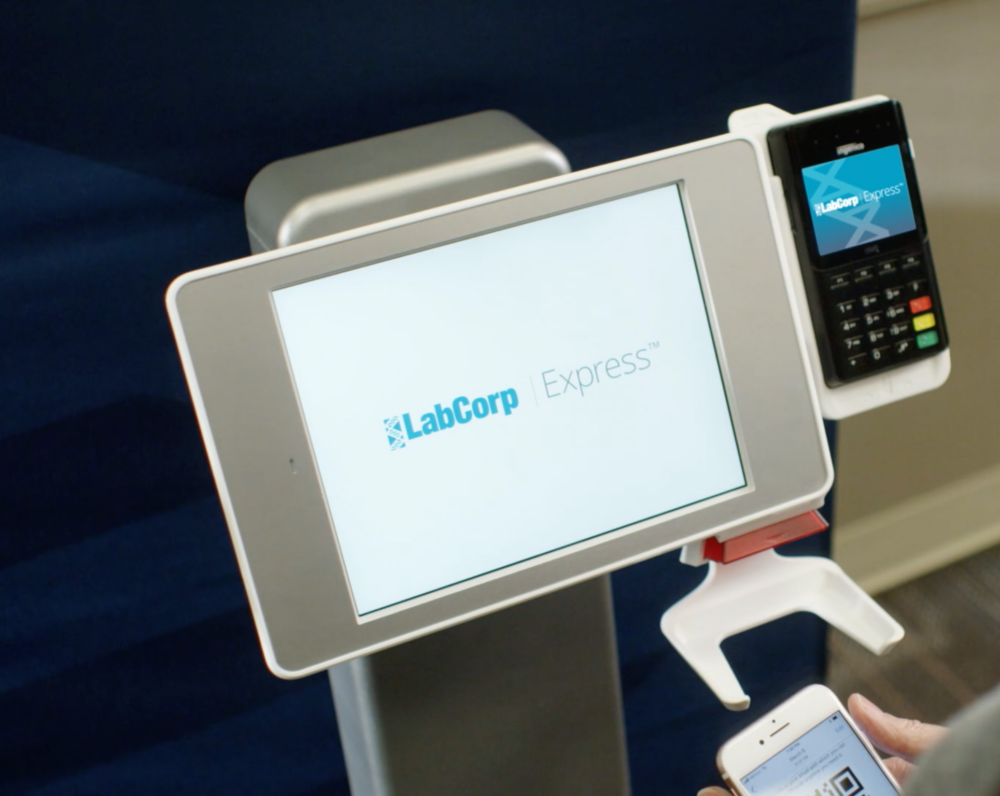In today’s fast-paced, technology-driven world, businesses are constantly seeking innovative ways to enhance customer experience, streamline operations, and stay ahead of the competition. One such innovation that has been making waves across various industries is the self-service kiosk. These interactive, digital stations are not just transforming the way businesses operate, but also redefining customer interactions, making them more efficient, personalized, and engaging. This blog post delves into the growing popularity and versatility of self-service kiosks, particularly in the retail and hospitality sectors.
The Rise of Self-Service Kiosks

Source: whitebean.asia
The adoption of self-service kiosks has been driven by several factors, key among them being the need for businesses to improve efficiency, reduce costs, and enhance customer experience. In an era where time is of the essence, self-service kiosks offer customers the convenience of bypassing queues, making purchases or accessing services at their own pace, and enjoying a more personalized interaction. For businesses, these kiosks not only reduce the workload on staff but also minimize errors, streamline processes, and provide valuable data for analytics and decision-making.
Self-Service Kiosks in Retail
In the retail industry, even a single self service kiosk machine is revolutionizing the shopping experience. From product browsing and self-checkout to inventory management, these locations are making retail operations more efficient and customer-centric. Customers can use them to browse through product catalogs, compare prices, check product availability, and even make purchases without any staff assistance. For retailers, they provide real-time inventory updates, reduce checkout times, and offer opportunities for upselling and cross-selling.
Self-Service Kiosks in Food and Beverage
The food and beverage industry is another sector where self-service kiosks are making a significant impact. They are transforming the way customers order food, customize their meals, make payments, and even receive their orders. By reducing wait times and offering a more personalized ordering experience, these kiosks are enhancing customer satisfaction and loyalty. For businesses, they streamline operations, reduce order errors, and provide valuable data on customer preferences and ordering patterns.
Self-Service Kiosks in Hospitality
In the hospitality industry, self-service kiosks are reshaping the guest experience. From hotel check-ins and room service orders to concierge services and guest feedback collection, these kiosks are making hospitality services more efficient and guest-centric. Guests can use them to check-in and out of their rooms, order room service, request concierge services, and provide feedback on their stay. For hotels, they streamline operations, reduce staff workload, and provide valuable guest data for service improvement and personalization.
Enhanced Customer Experience

Source: elotouch.com.ar
One of the key benefits of self-service kiosks is the enhanced customer experience they offer. By reducing wait times, offering convenience, and providing personalization options, these places are making customer interactions more enjoyable and satisfying. Customers can access services at their own pace, customize their interactions based on their preferences, and enjoy a more engaging and interactive experience. For businesses, this translates into higher customer satisfaction, loyalty, and repeat business.
Operational Efficiency and Cost Savings
From an operational perspective, self-service kiosks offer several advantages for businesses. They streamline processes, minimize human errors, and reduce labor costs. By automating routine tasks, these kiosks free up staff to focus on more complex and value-adding tasks. They also reduce the risk of errors in tasks such as order taking and payment processing, leading to cost savings and improved customer satisfaction.
Accessibility and Inclusivity
Self-service kiosks also play a crucial role in enhancing accessibility and inclusivity. With features such as multilingual interfaces, adjustable height options, and accessibility compliance, these kiosks ensure that services are accessible to all customers, regardless of their language proficiency, physical abilities, or other special needs. This not only enhances customer experience but also broadens the customer base for businesses.
Data Collection and Analytics
One of the key benefits of self-service kiosks for businesses is the valuable data they provide. From customer behavior and preferences to sales trends and performance metrics, these kiosks offer a wealth of data for analytics and decision-making. Businesses can use this data to gain insights into customer needs, optimize their operations, and make informed decisions to drive growth and profitability.
Furthermore, this data can be used to forecast future trends, enabling businesses to stay ahead of the curve. It also aids in identifying potential areas of improvement, thus ensuring that businesses can continually refine their strategies to better serve their customers.
Integration with Mobile and Digital Platforms

Source: app4.co.uk
In today’s digital age, self-service kiosks are not standalone entities but are integrated with mobile apps and digital platforms. This seamless integration enhances customer engagement, enables loyalty programs, and offers opportunities for personalized marketing. Customers can use their mobile devices to interact with the kiosks, receive personalized offers, and earn loyalty points, enhancing their experience and engagement with the brand.
The integration also allows for real-time updates and notifications, further enhancing the customer experience. Moreover, it provides businesses with additional touchpoints to engage with their customers, thereby fostering stronger relationships and promoting customer retention.
Customization and Branding Opportunities
Self-service kiosks also offer businesses opportunities for customization and branding. Businesses can customize the interface of the kiosks to align with their branding, display promotional content, and create interactive experiences for customers. This not only enhances the customer experience but also strengthens the brand image and visibility.
By offering a platform that reflects the brand’s identity, businesses can create a consistent and memorable customer experience. Additionally, the ability to display promotional content allows businesses to highlight new products or services, special offers, or upcoming events, thereby creating additional opportunities for customer engagement and revenue generation.
Future Trends and Innovations
As technology continues to evolve, so does the potential of self-service kiosks. Future trends and innovations in this space include advancements such as biometrics for secure and personalized interactions, AI-powered interfaces for intelligent and interactive customer interactions, and touchless interfaces for hygiene and convenience. These advancements promise to further enhance the versatility and impact of self-service kiosks across various industries.
Conclusion
In conclusion, self-service kiosks are a versatile and transformative technology that is reshaping customer interactions and business operations across various industries. From retail and food and beverage to hospitality, these kiosks are enhancing customer experience, improving operational efficiency, and driving business success. As technology continues to evolve, the potential of these kiosks is bound to increase, making them an indispensable tool for businesses in the digital age.












